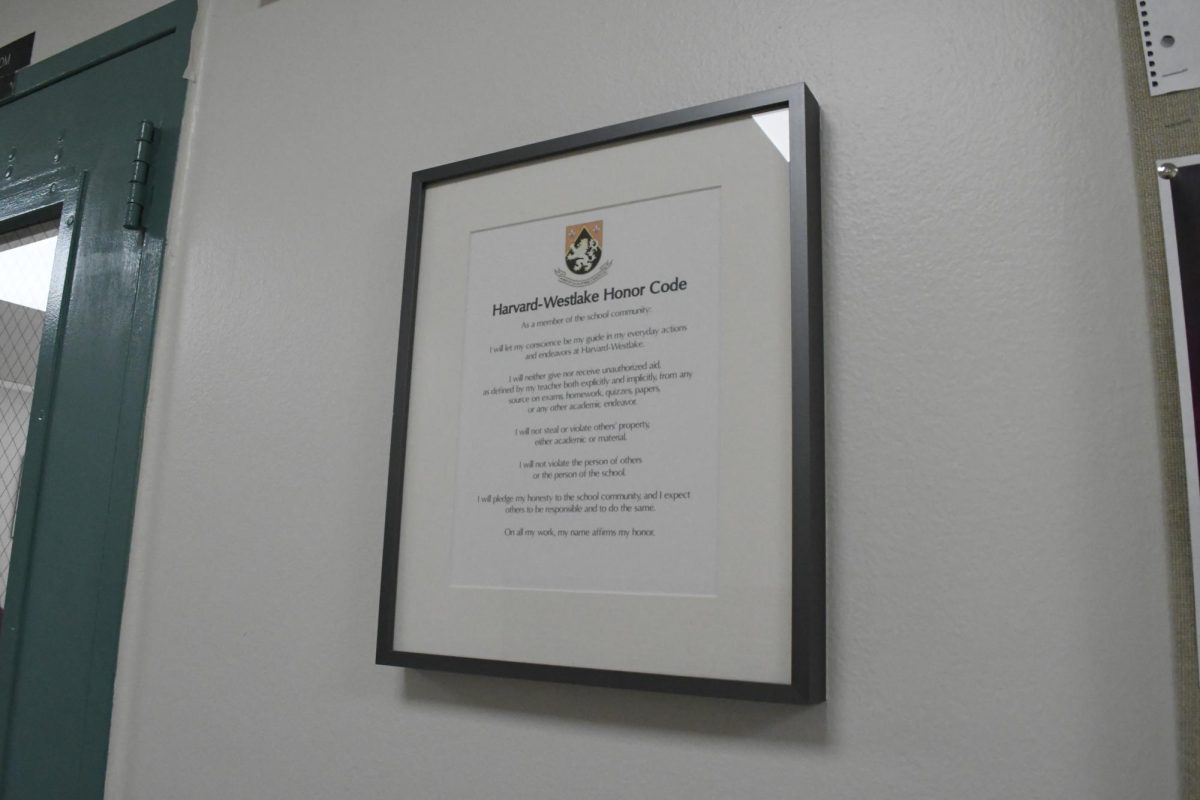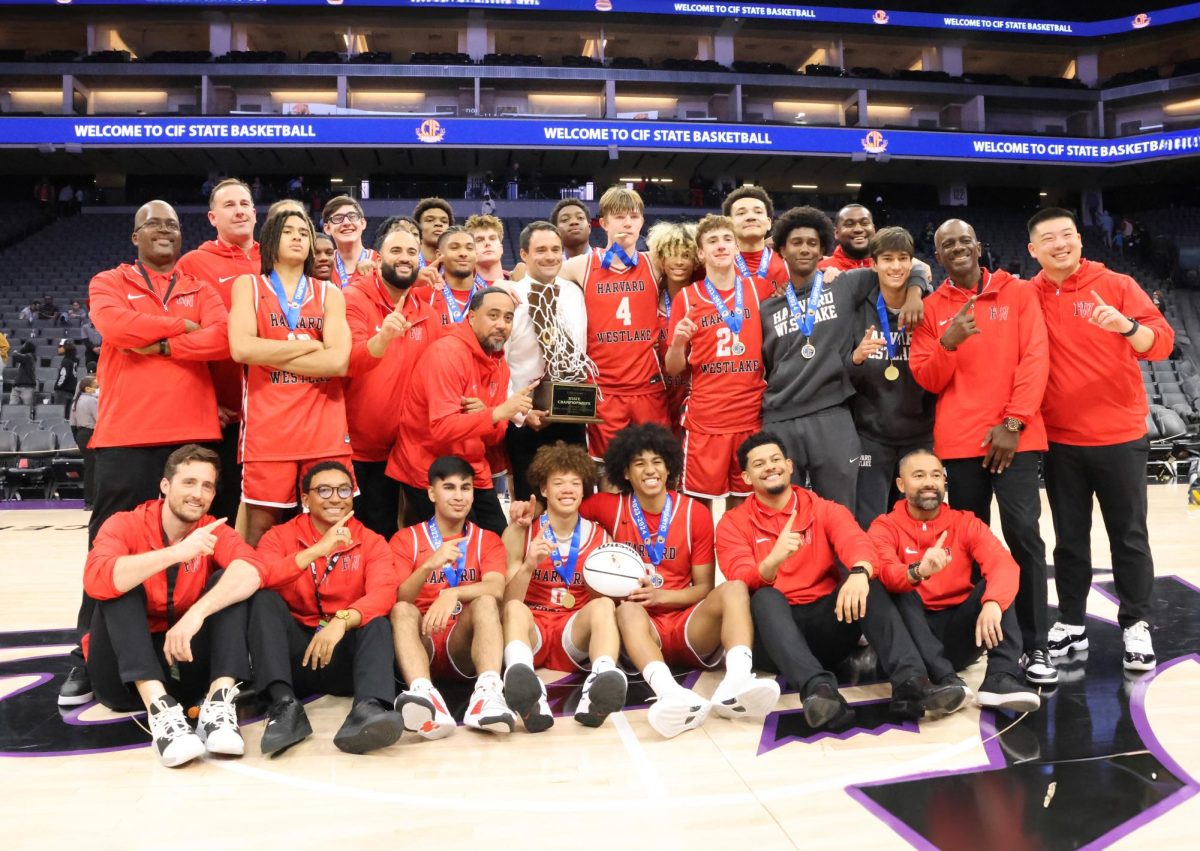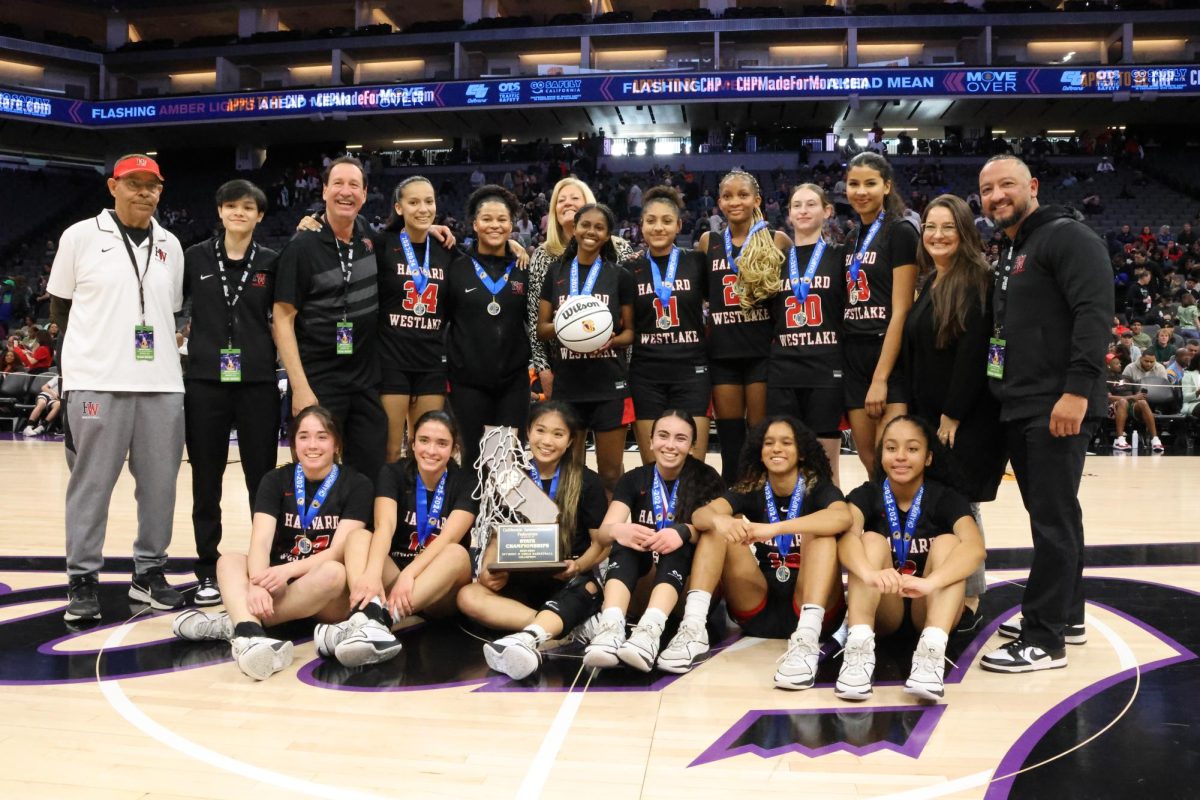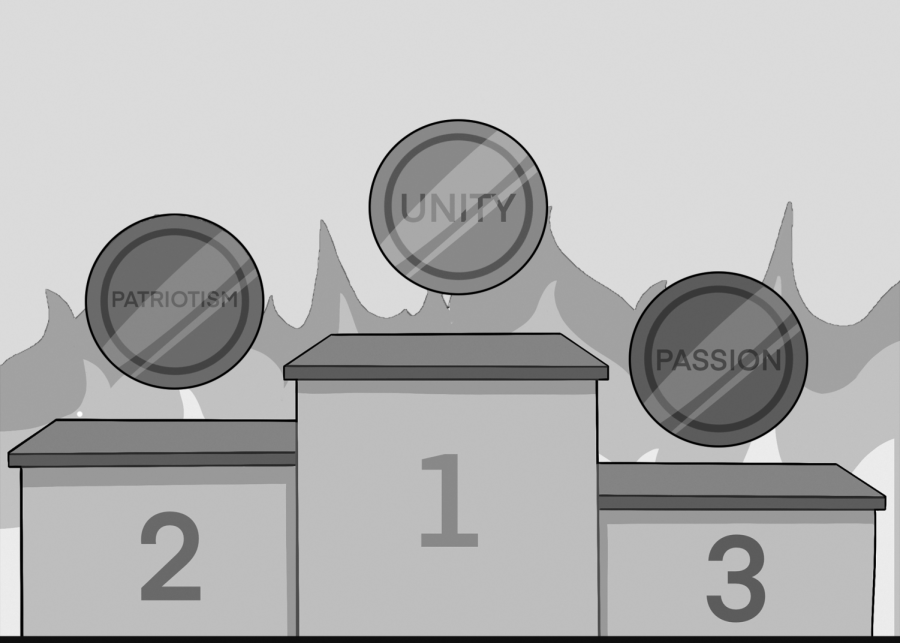This Letter to the Editors was written in response to factual inaccuracies in the opinion article, “Conflict Crisis,” published in issue one of Volume 30.
Peer Support started 30 years ago, right before the merger between Harvard and Westlake took place. Although some things have changed over the years, it essentially remains the same student-led space where different grade levels come together to listen to each other, support one another, share a few laughs and, occasionally, a few tears.
Every year, four student coordinators are elected from within the senior Peer Support leaders to act as the student heads of the program. This year, those leaders are Taylor Dees ’21, Brooke Stanford ’21, Spencer Sherman ’21 and Connor Colao ’21.
One of their primary tasks is to create the groups that will be meeting starting Oct. 5 at 7 p.m. for those students who signed up for Peer Support.
They take into consideration the balance of various grade levels but mostly use a randomizer program to break over 300 students into groups of 20 to 25. Although they are amazing leaders, they cannot know the full scope of every student’s individual history and relationships with the people who are placed (randomly) into a group.
This is why Peer Support has to have a system to resolve conflicts. What is a conflict? A conflict within a group is either a relationship that is too close (best friend, romantic partner) or too tense (ex-best friend, ex-romantic partner) that may inhibit the person from being able to share in a comfortable way.
When someone has a legitimate conflict, they will let their group leader know, and then that group leader will forward the name to one of the four program coordinators. The coordinators will place the student in a different group and let them know about their new placement. It is the student who expresses the conflict who will be moved to a new group, not the person they are conflicting with. The vast majority of conflicts are resolved in this way, but occasionally there are complex circumstances that may require different solutions.
For example, we have people who join late in the first semester who may be conflicted by someone who is already in the group and has been attending for months. In this case, we would move the person who recently joined to a different group. In previous years there have also been situations where the groups were too unbalanced and needed some reshuffling.
While sometimes conflicts can lead to short term discomfort, they are necessary to preserve the accessibility of the program to more students. If you have specific questions, please feel free to reach out to me or one of the four senior coordinators.














































